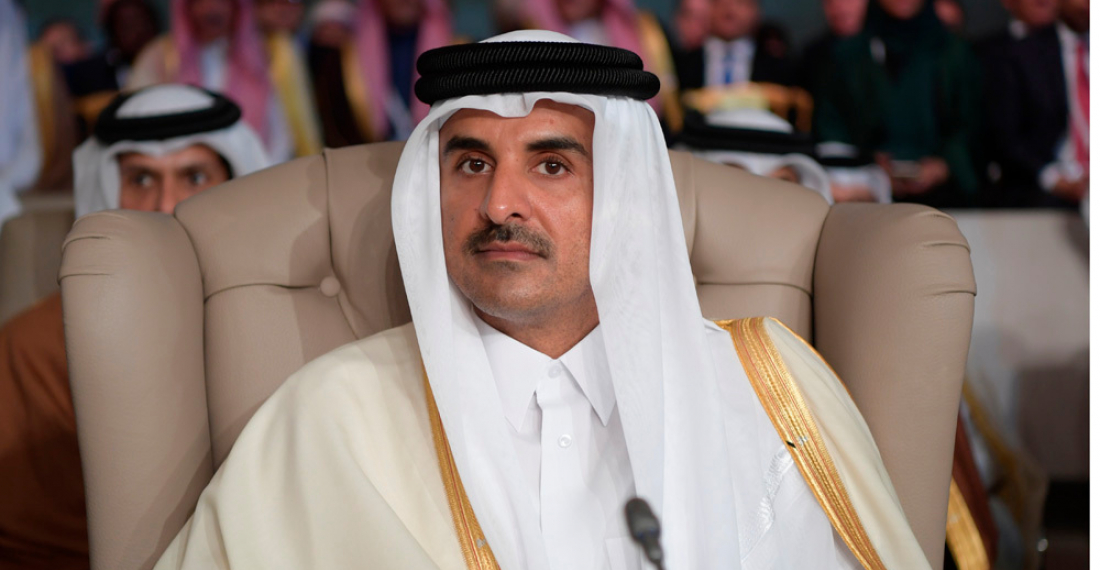Qatar’s Emir Sheikh Tamim bin Hamad Al Thani received a formal invitation from Saudi King Salman to attend the January 5 GCC summit in Saudi Arabia.
The invitation was received by the Emir of Qatar during his meeting with the Secretary-General of the Gulf Cooperation Council, Dr. Nayef Falah Al-Hajraf.
The Qatari Emir has not confirmed whether he will be attending personally. In the last summit, the Emir apologised and sent the then-Prime Minister Abdullah bin Nasser bin Khalifa Al Thani instead. Sheikh Tamim’s participation would signal an easing of divisions that lasted for the past few years.
GCC SG H.E. Dr. Nayef Falah Al-Hajraf, delivered today an invitation from the Custodian of the Two Holy Mosques to His Highness Sheikh Tamim bin Hamad Al Thani, the Amir of Qatar, to attend the #GCCSUMMIT41 being held in KSA on Jan 5, 2021.https://t.co/oFAwUJSVLV pic.twitter.com/1CvRneUfbr
— مجلس التعاون (@GCCSG) December 30, 2020
On Wednesday, Saudi Arabia’s cabinet said it “wished for a successful summit to enhance joint action and enhanced cooperation between the country members,” according to a statement on the official Saudi Press Agency.
According to a Gulf official close to the negotiations, it is unlikely the summit will deliver a comprehensive agreement but would rather result in trust-building measures, including the possibility of opening up the airspace.







